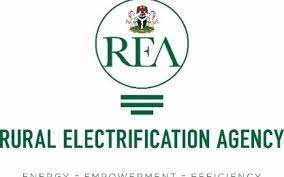The Rural Electrification Agency (REA) has launched a control room centre located at its headquarters in Abuja to ensure effective monitoring of mini-grids power facilities that are note connected to the national electricity grid.
The agency’s initiative aligns with the introduction of new Energy Management System (EMS) policy to effectively monitor smaller electricity systems called mini-grids all over the country.
Through the policy implementation, real generation, battery charging systems, solar radiation, carbon emissions reduction rates and discharge systems, as well as the overall environmental impact can be monitored nationwide.
Speaking on the policy measure, the Minister of Power, Adebayo Adelabu, explained that the EMS was a way to fix the problem of not having enough information about energy in Nigeria.
Represented by Engr. Abubakar Dapshima, Director of Renewables and Rural Access at the Ministry of Power at the launching event, the minister clarified that this system remained crucial in getting better and more accurate data about energy, adding that with good data, the operators can work towards making energy more reliable, accessible, and better for the environment.
In addition, he expressed optimism that this system would change the way they handle and use energy data across their plans to provide electricity to more areas in the country.
According to available information, the EMS implementation was carried out through an Official Development Assistance (ODA) by the Korea Institute for Advancement of Technology (KIAT).
The REA hinted that the EMS for integrated energy management and control was expected to provide a state-of-the-art energy management capable of hosting all mini-grids in the country.
It would be recalled that as of September last year, the agency, through partnerships with the World Bank and the African Development Bank (AfDB), had completed 65 mini grids located across the country. At that time, they also deployed over 770,000 solar home systems that positively impacted the lives of over 3.5 million Nigerians.






